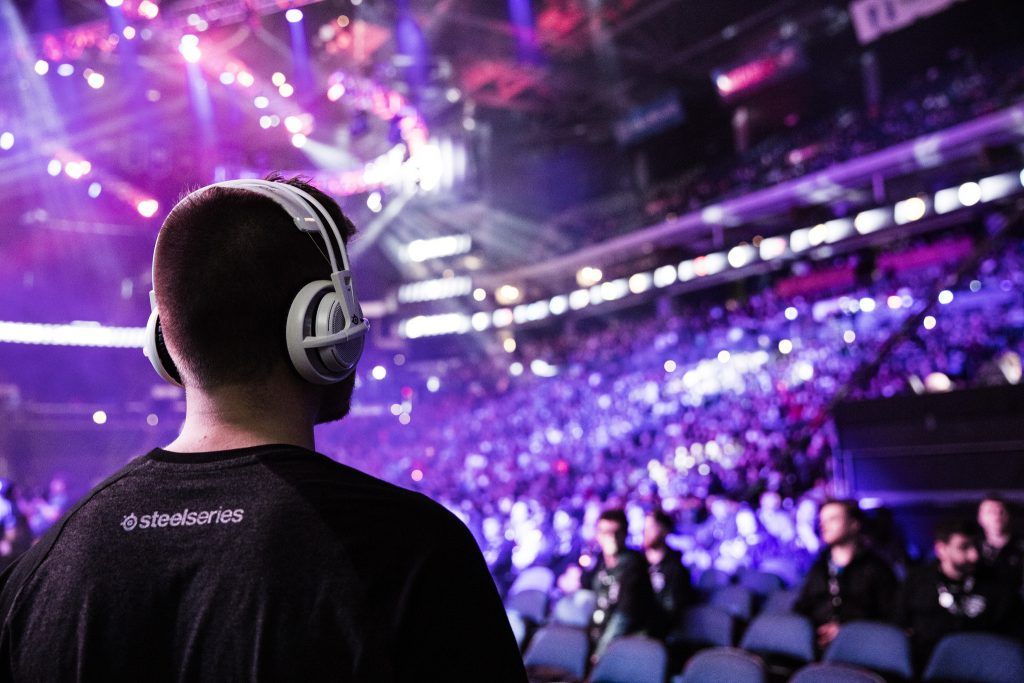Keith Olbermann, a former US sports and political commentator, drew some heat on Twitter last week when he criticised a sports website’s decision to publish “pieces by snotty rando kids playing children’s games”.
And perhaps you too are surprised to note the rapid growth of eSports as a professional, global enterprise, easily selling out venues like Copenhagen’s Royal Arena on a habitual basis.
The truth is in the figures – or at least in Denmark – as 96 percent of male Danes aged 13 to 19 say they play computer games, according to Medieudviklingen 2017, the latest consumer habits report published by DR Medieforskning.
Almost half of the teenage boys, some 49 percent, play computer games every day. According to the report, it is the activity they are most likely to disconnect from their smartphones to fully concentrate on.
Movies and TV losing out
The popularity of computer games means other media are losing out. While movies and TV series are being watched less by the age group, it is traditional TV that has taken the biggest hit, even though shows about gaming tend to attract record audiences for channels like DR3.
Some 43 percent of the 13 to 19-year-old boys never watch it, compared to just 16 percent five years ago. However, they still find room for leisure activities, homework and YouTube.
“For many boys, computer games have gradually taken over the role of the TV as the primary entertainment platform,” explain Jakob Vikær Hansen and Allan Lyngsie Nilausen, the authors of the report.
“As macabre as it sounds, a majority of teenage boys say that computer games – many of which have the ultimate goal of fighting opponents – allow them to relax from a stressful everyday life. They disconnect from the constant flow of information from smartphones and social media.”
READ MORE: Danish eSport courses hitting the classrooms
Still meeting girls!
The report also cites how playing computer games can be a very social activity – with friends at somebody’s home, or with ‘friends’ in remote locations.
“Being able to talk to friends while playing against them, whether it’s on the couch or at the other end of the country, is according to the boys fun and cosy and an important factor in its popularity,” continue the authors.
Girls also play games in reasonably heavy numbers. While only 5 percent play every day, some 50 percent say they play computer games.
Surprisingly perhaps, the report also found that 10 percent of women aged over 50 play every day.















